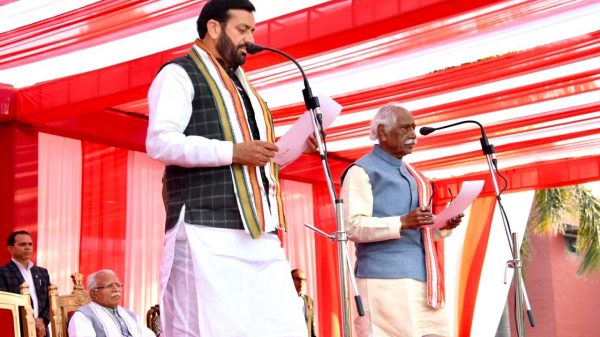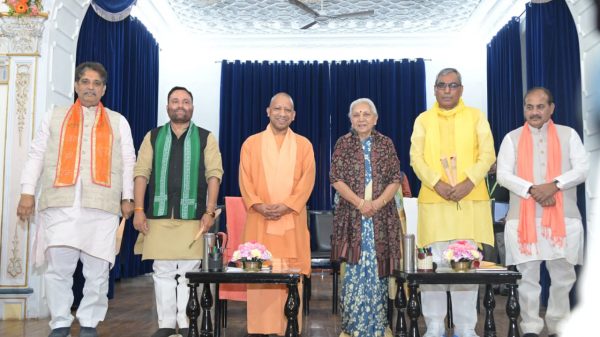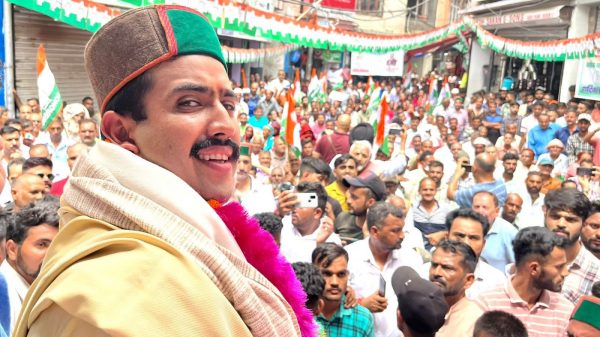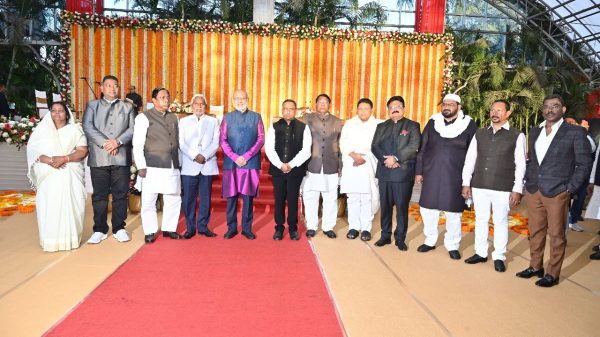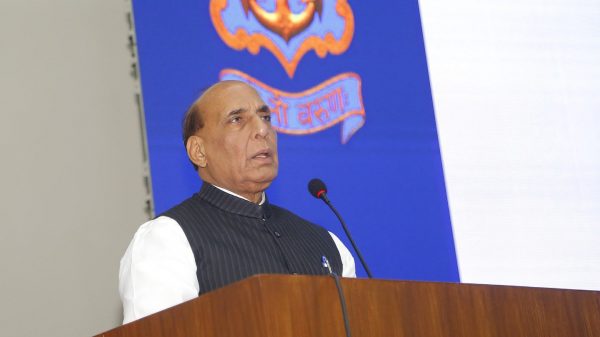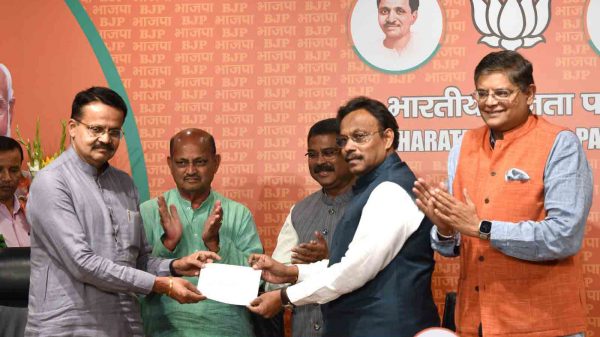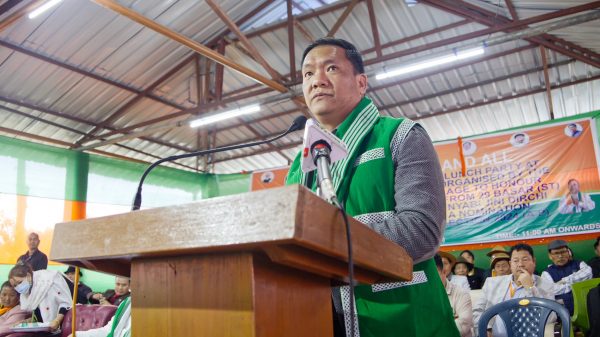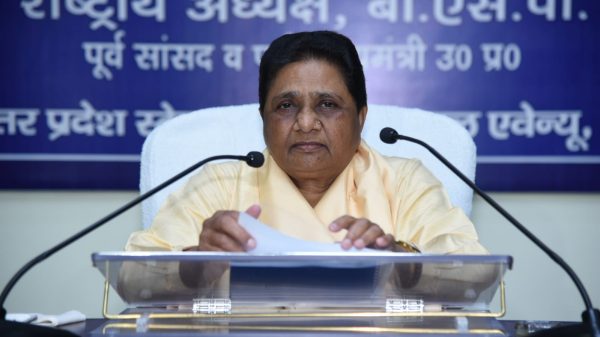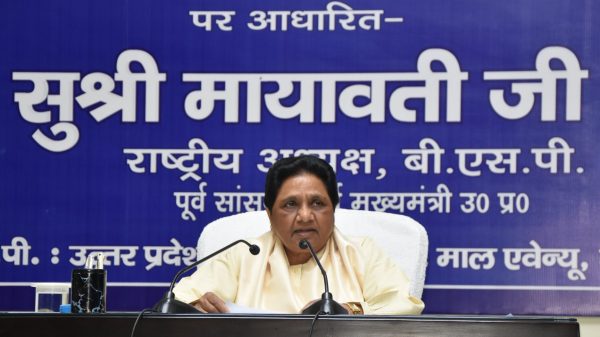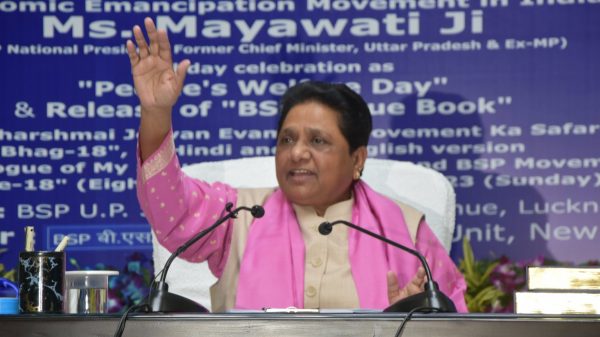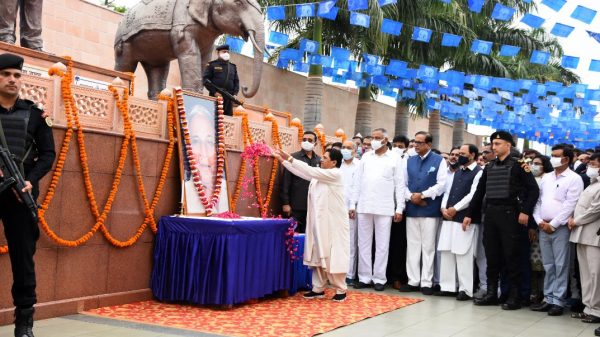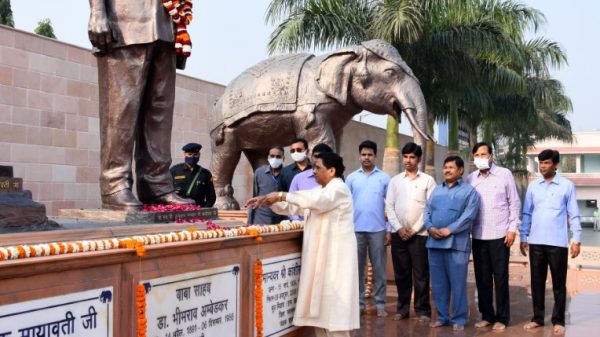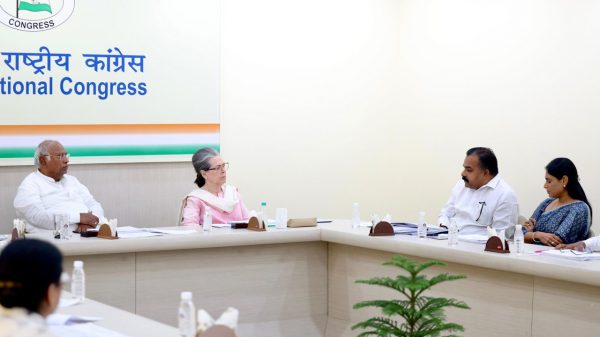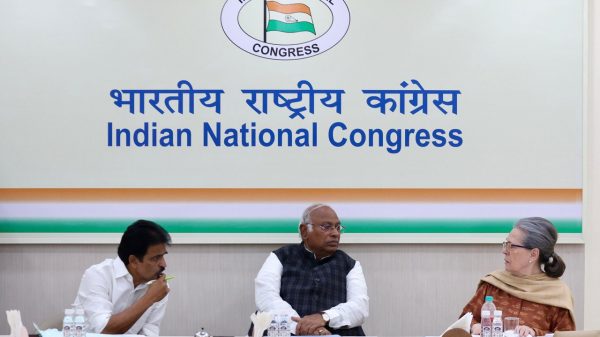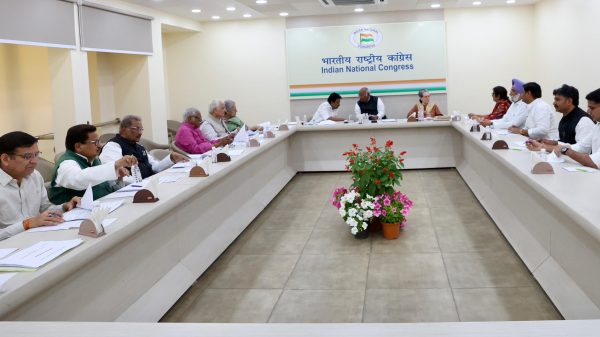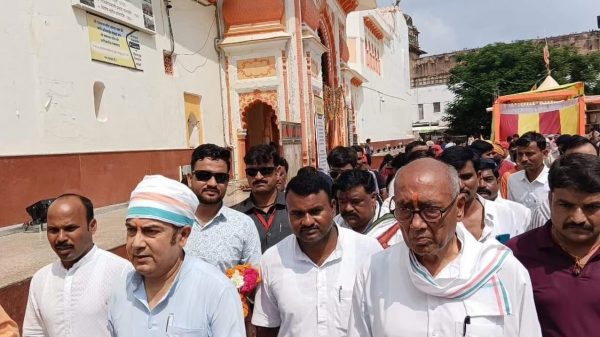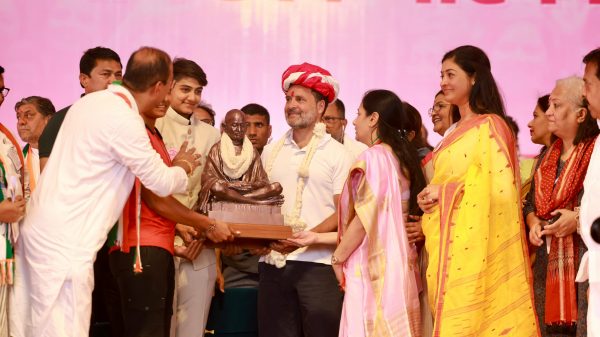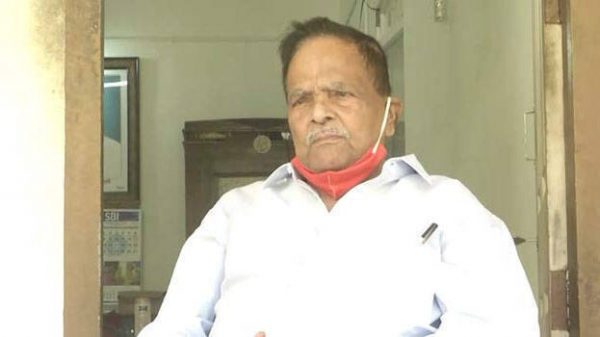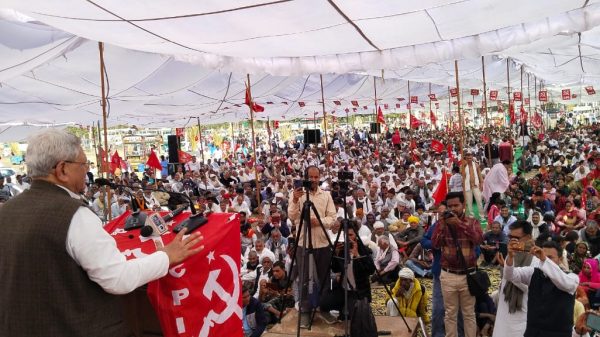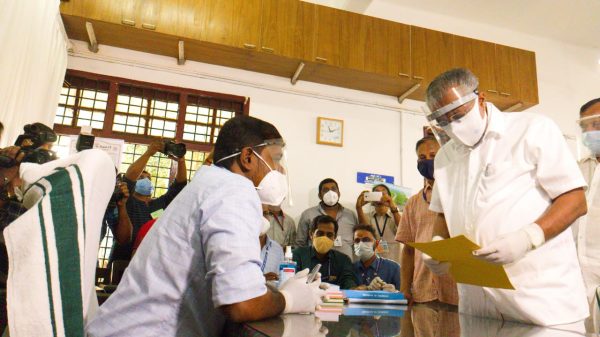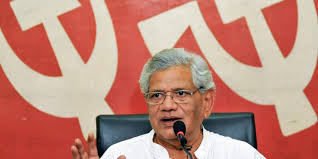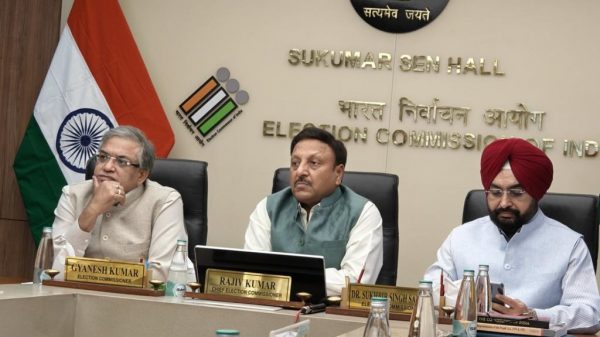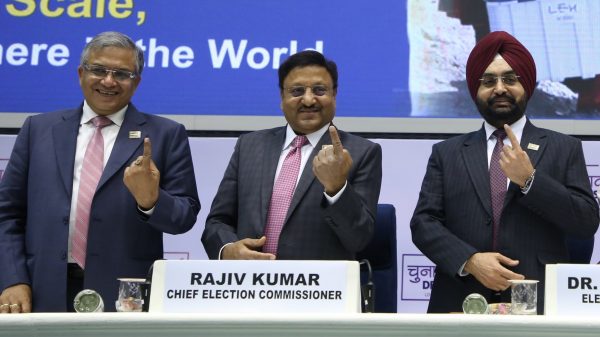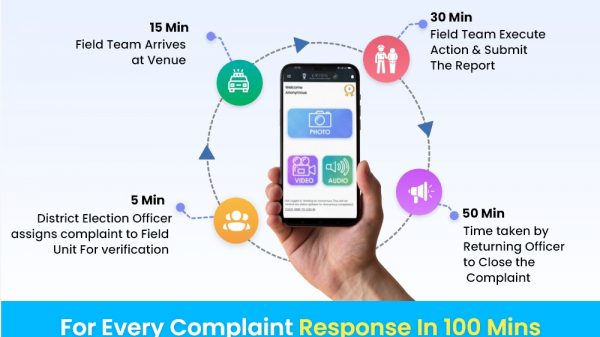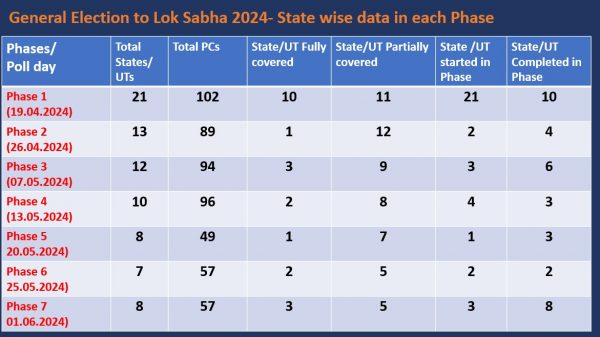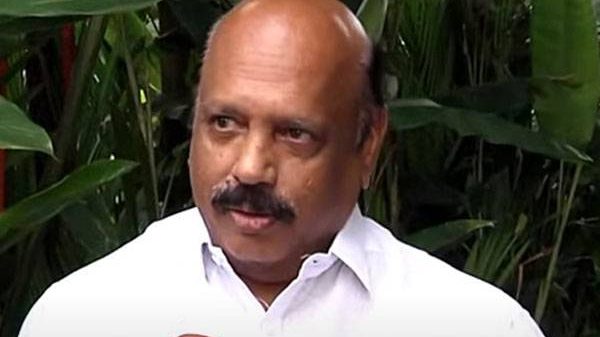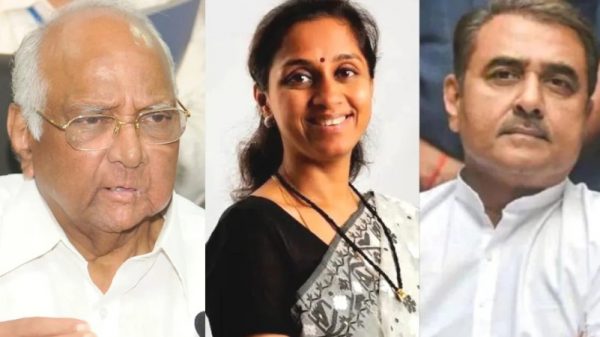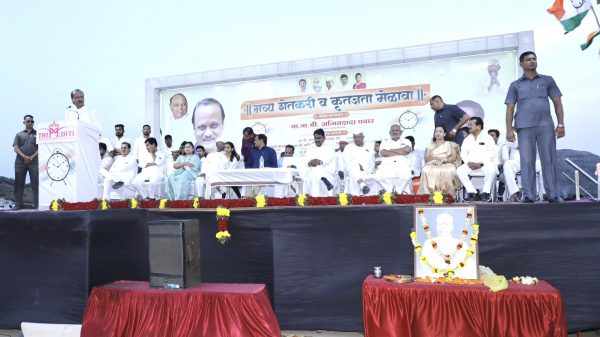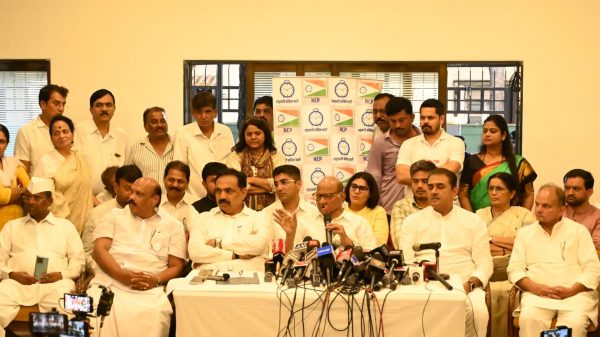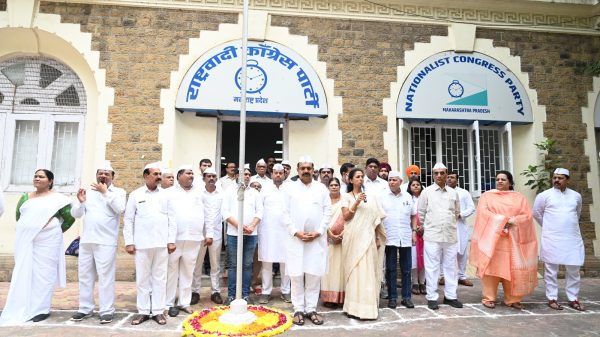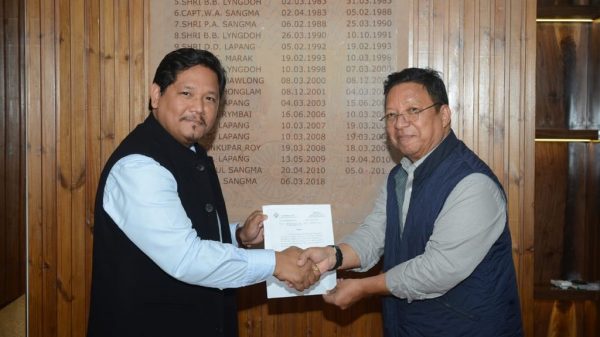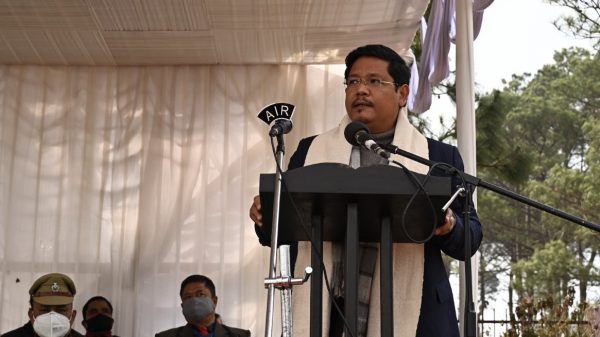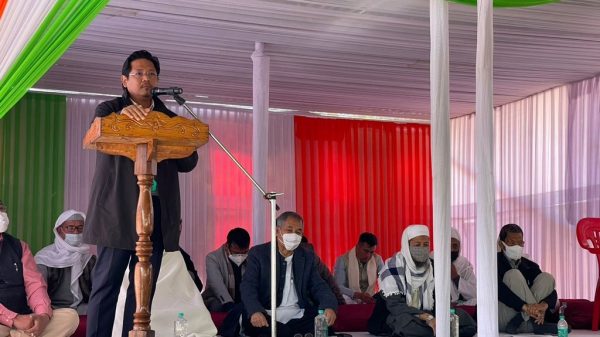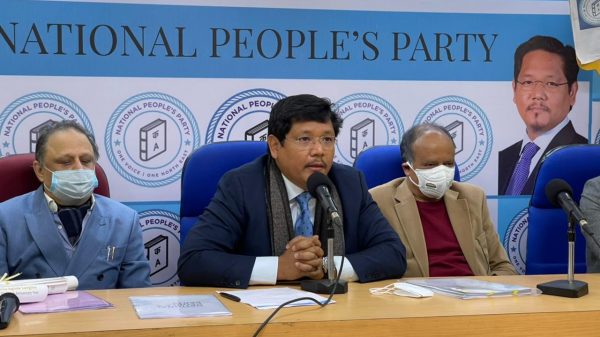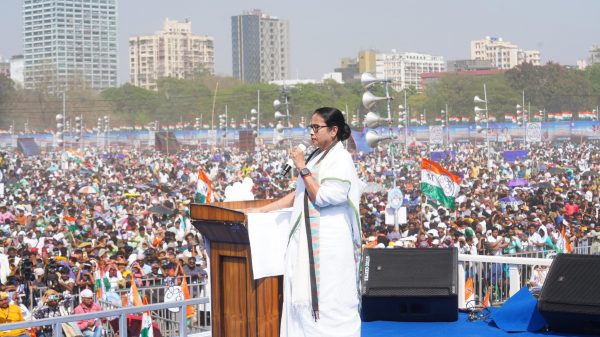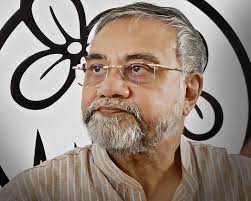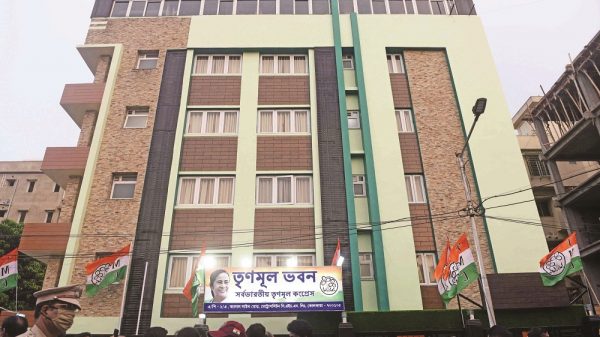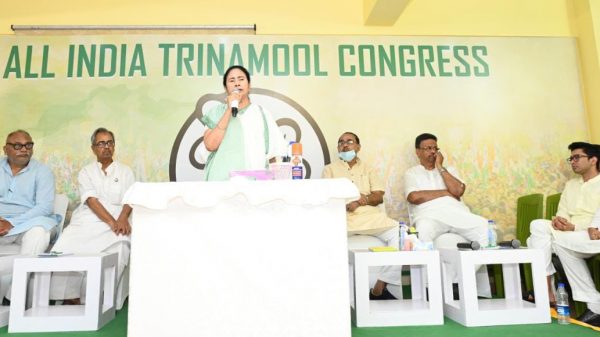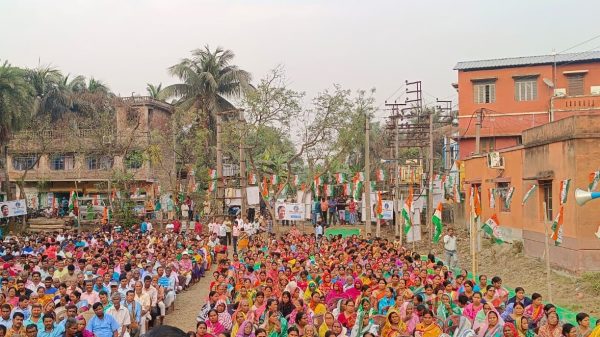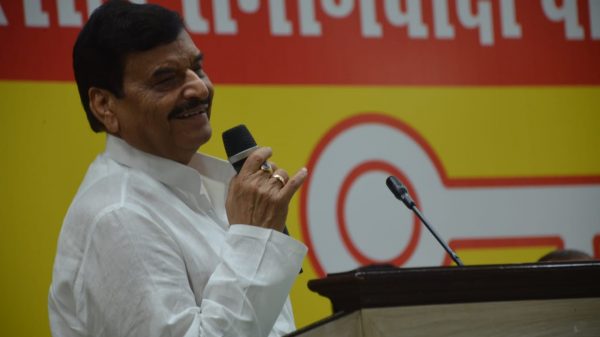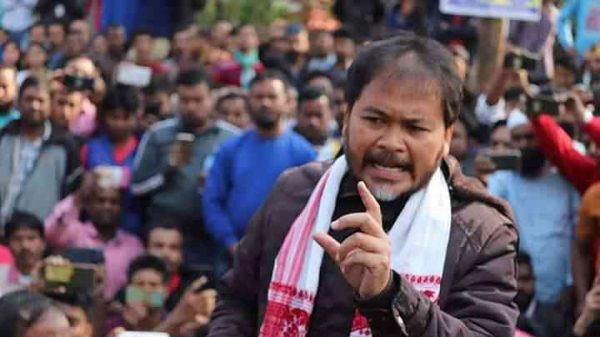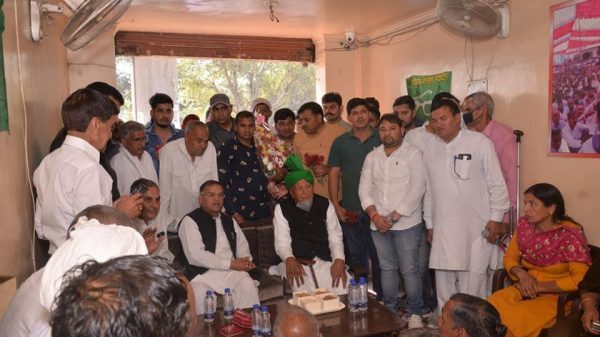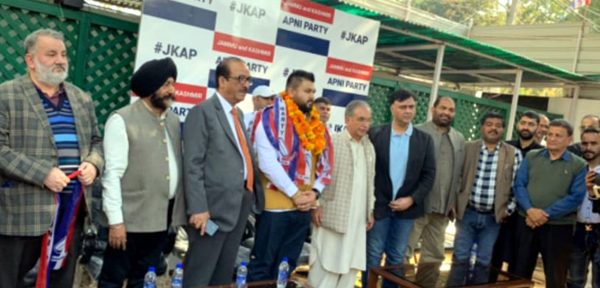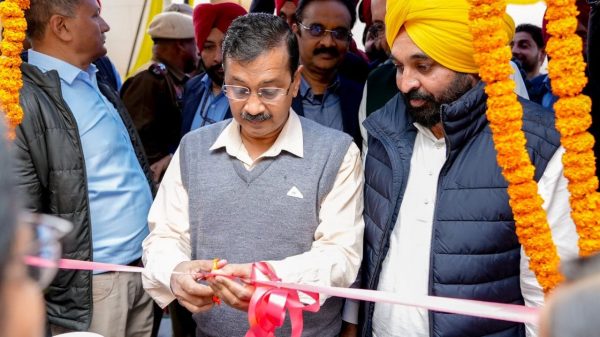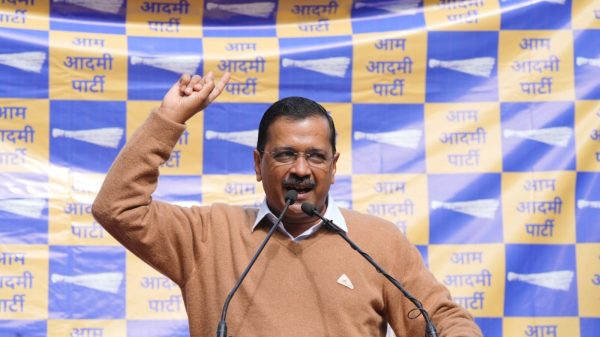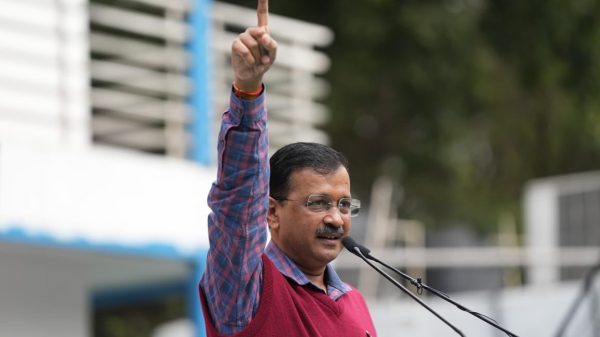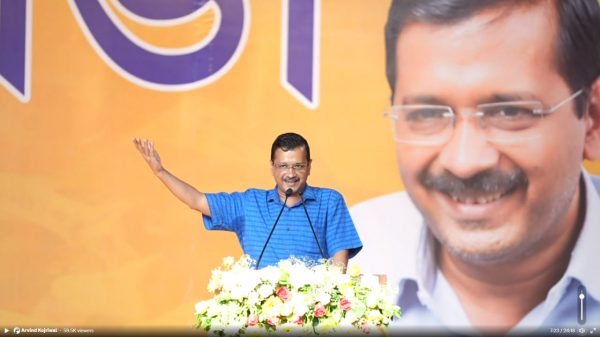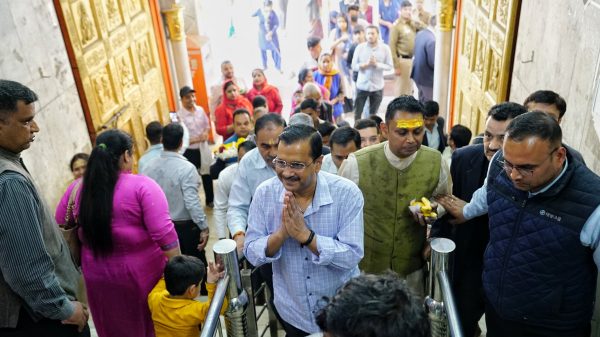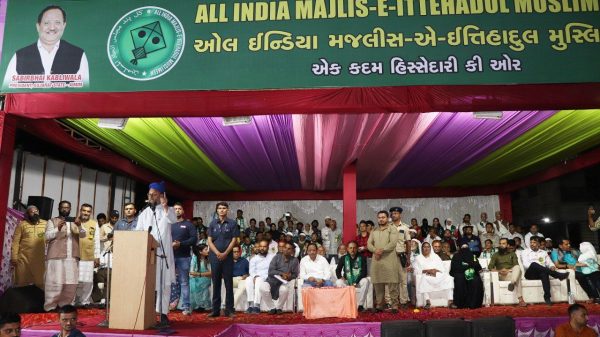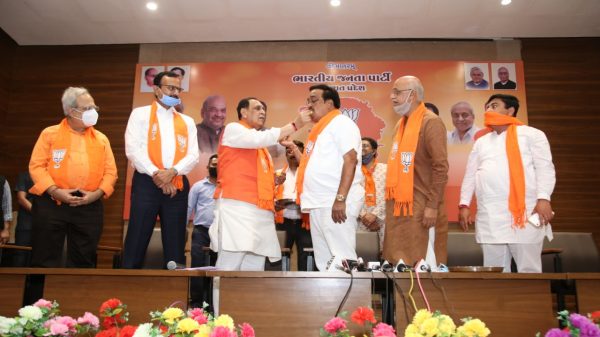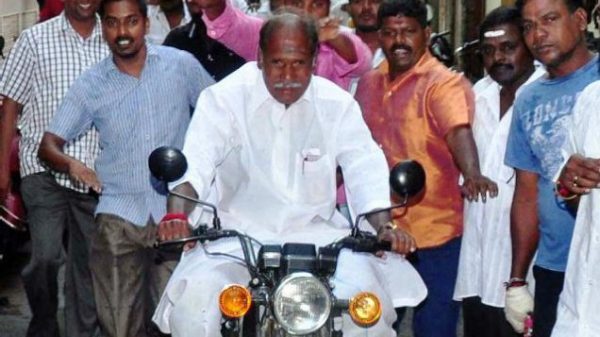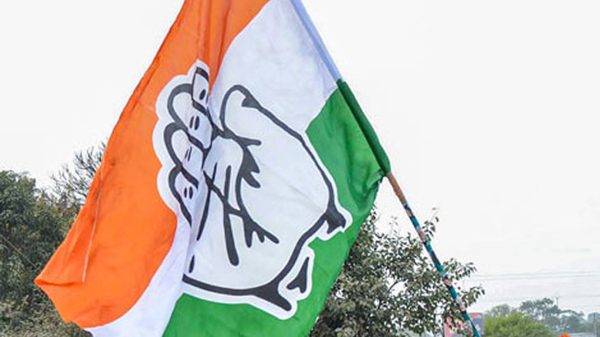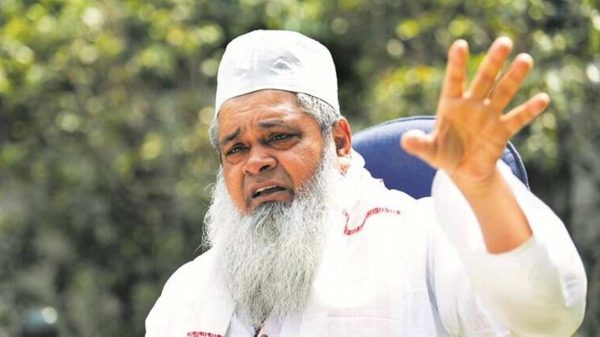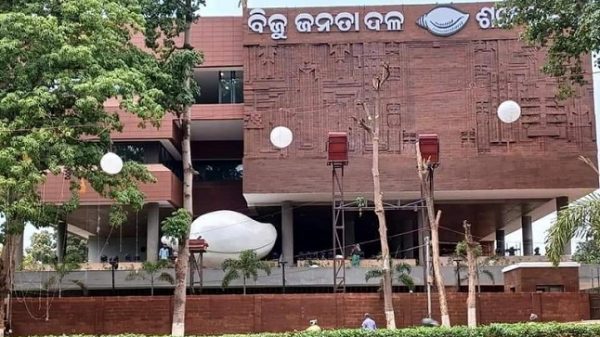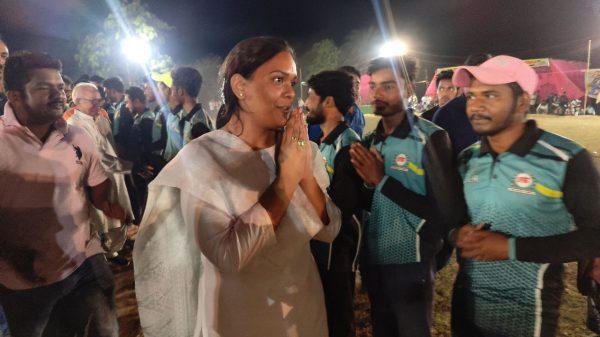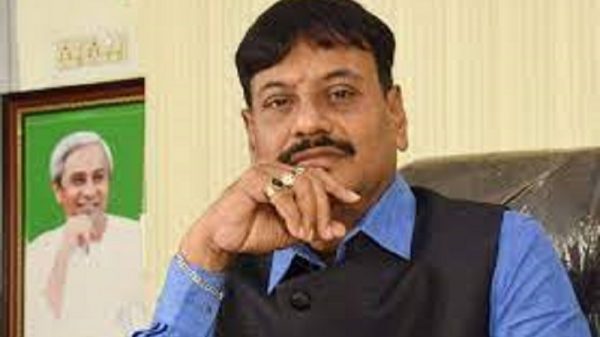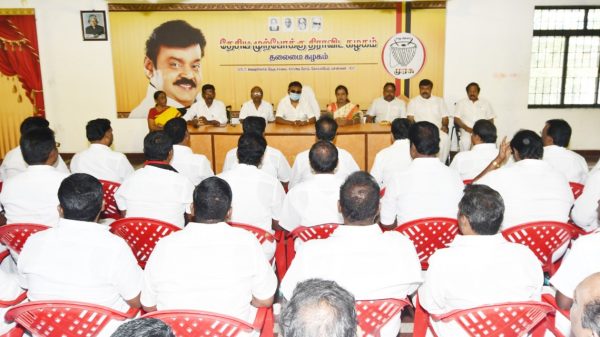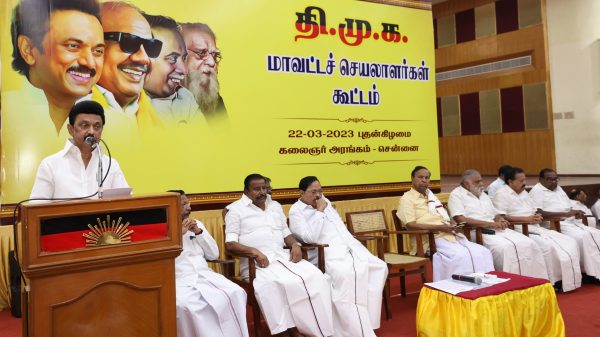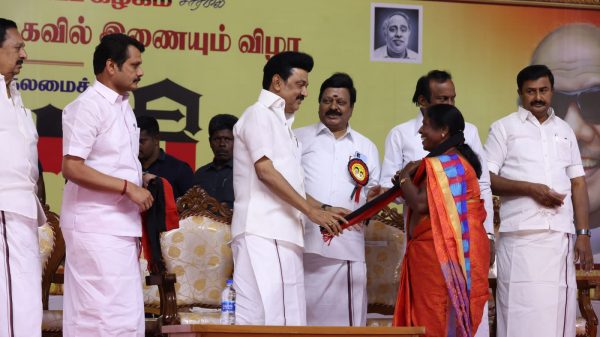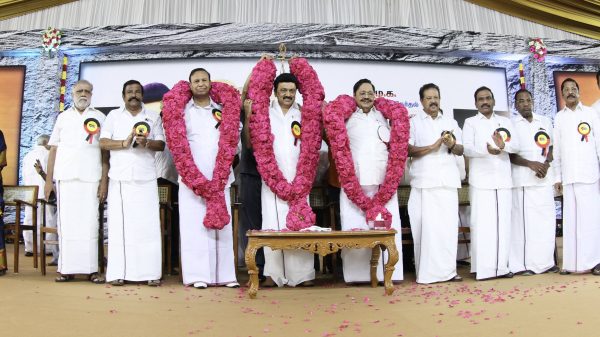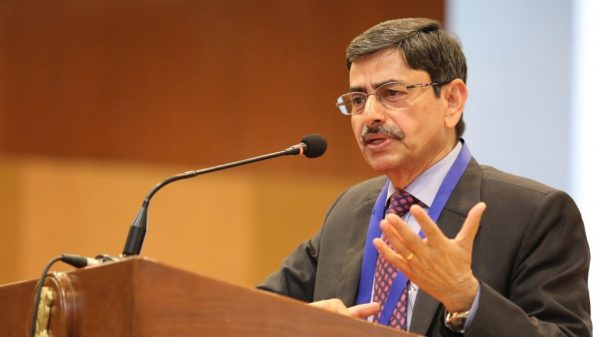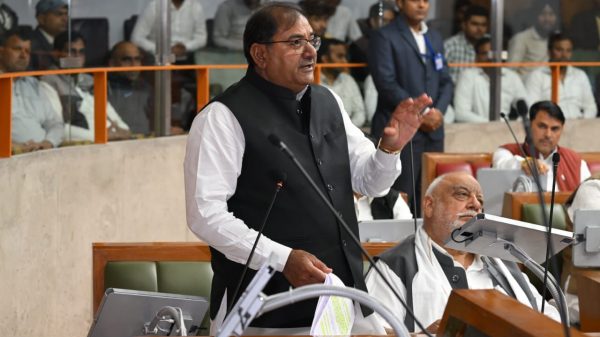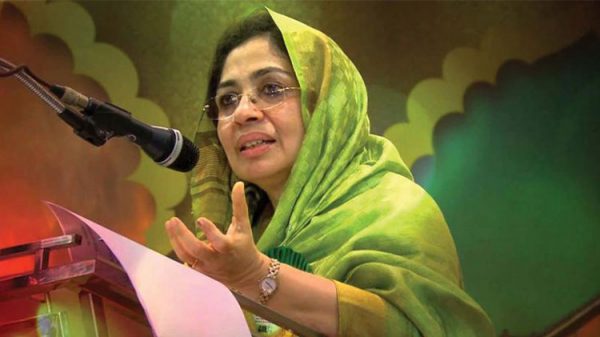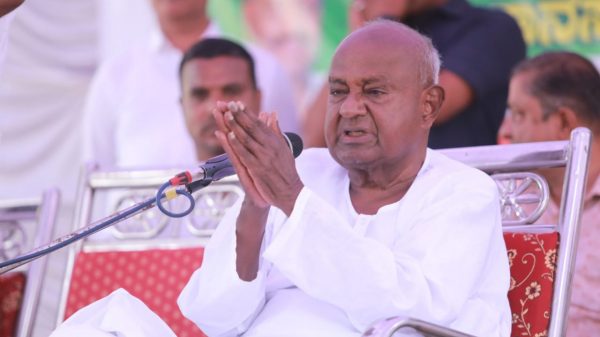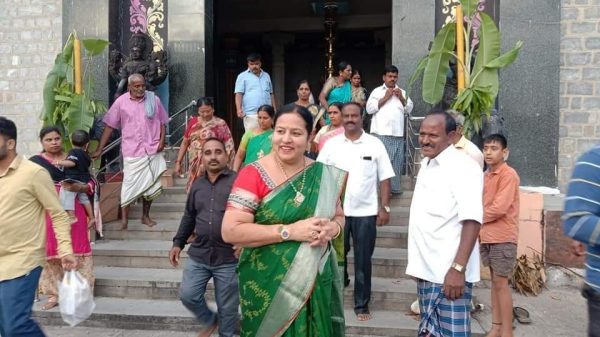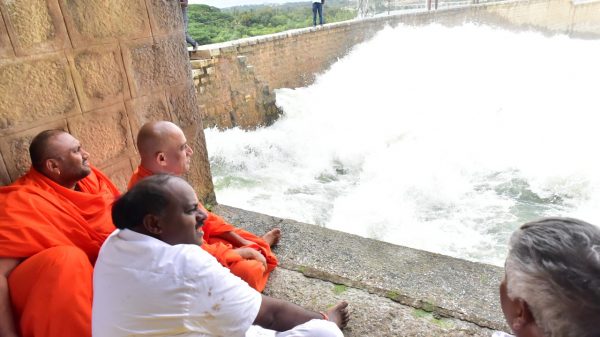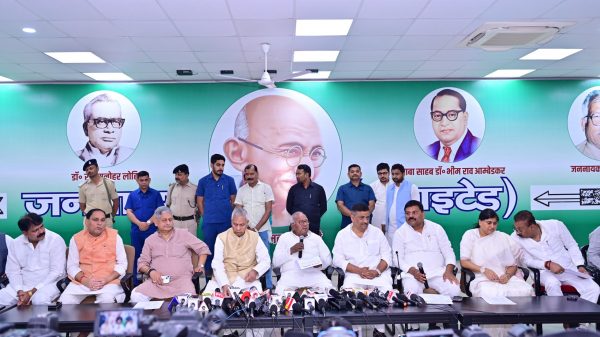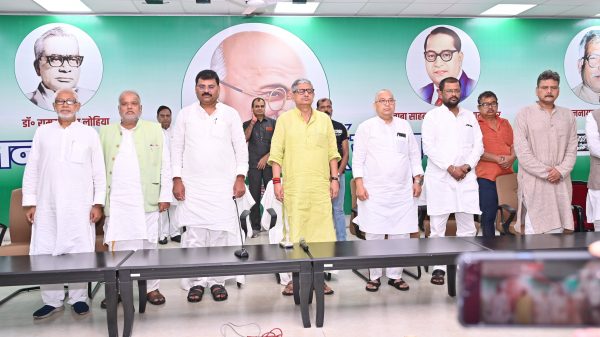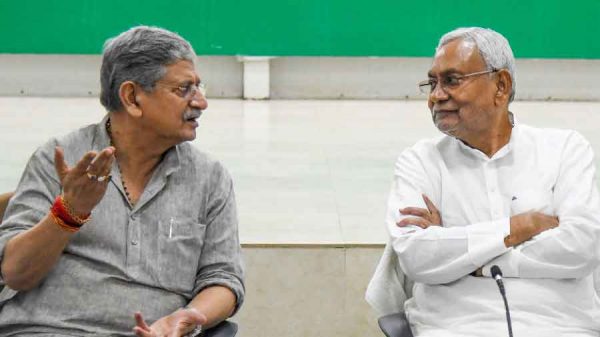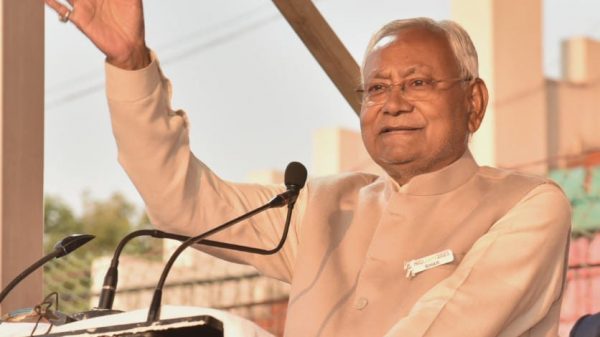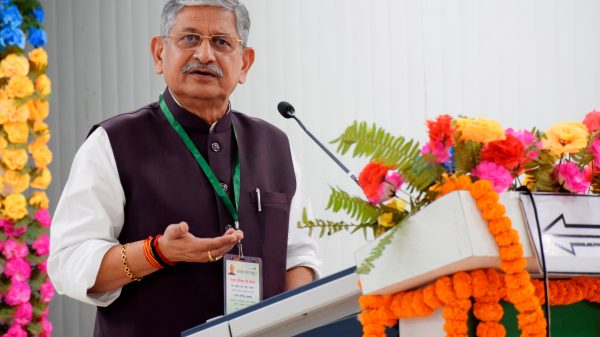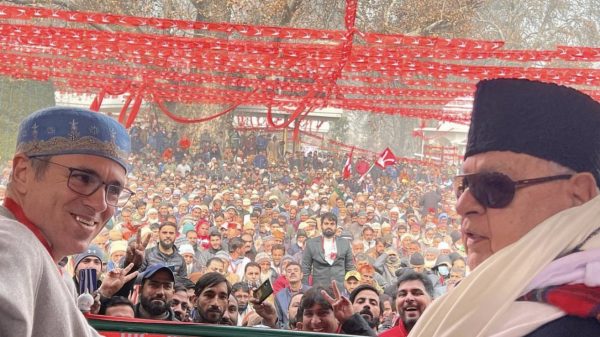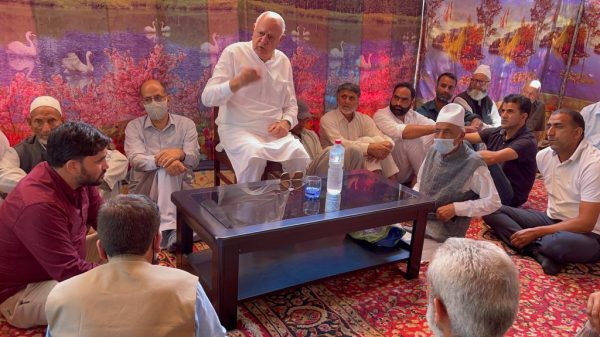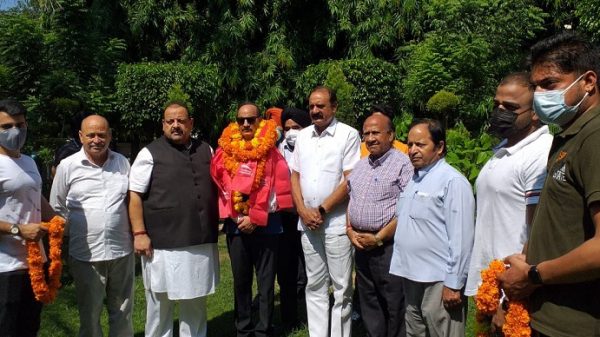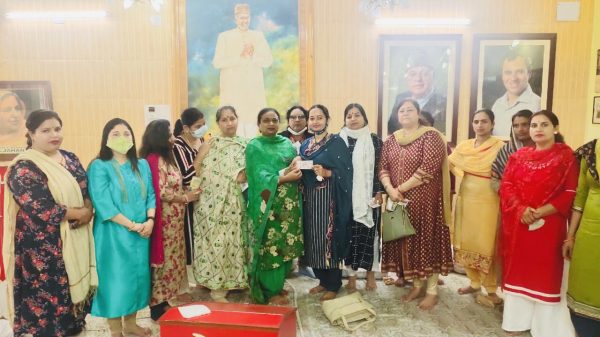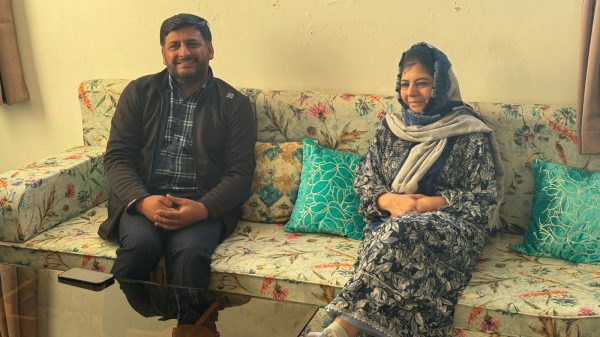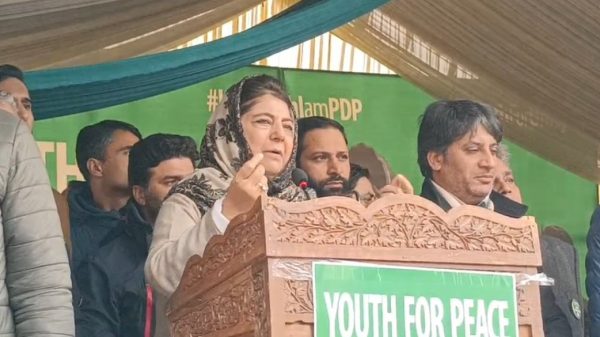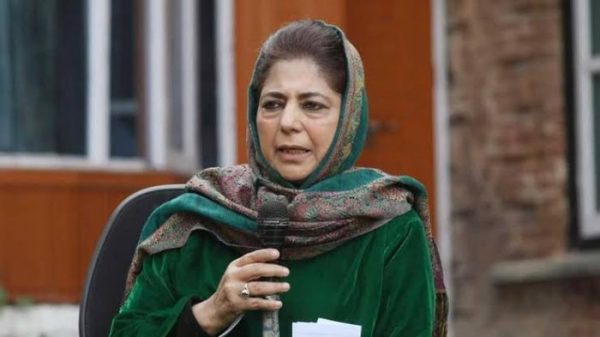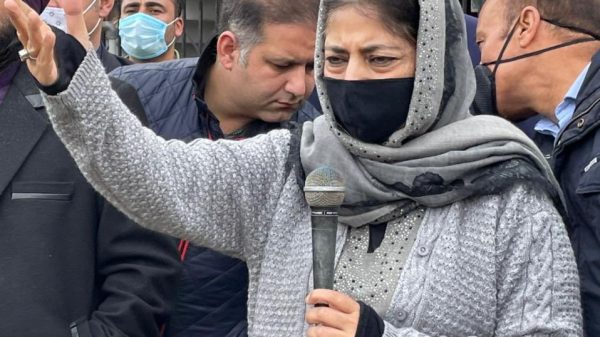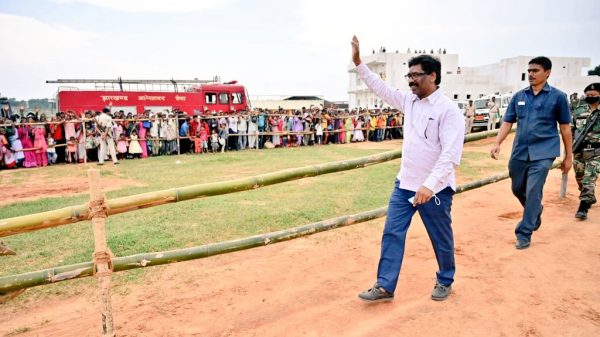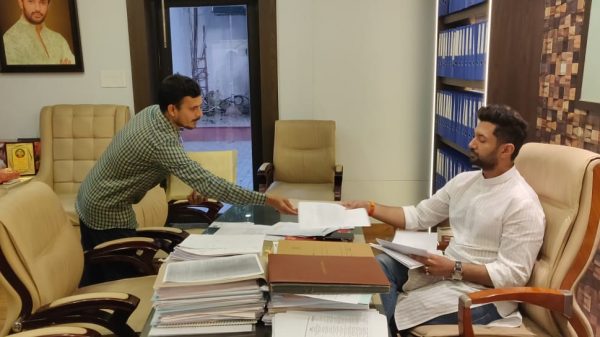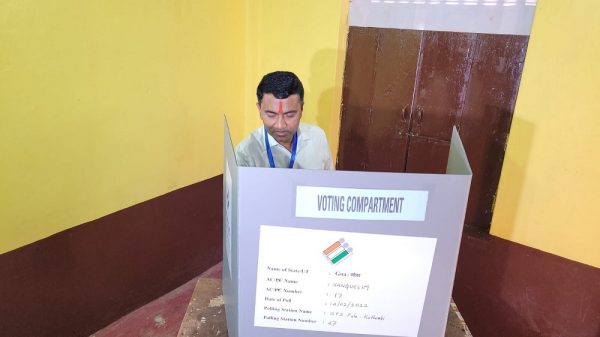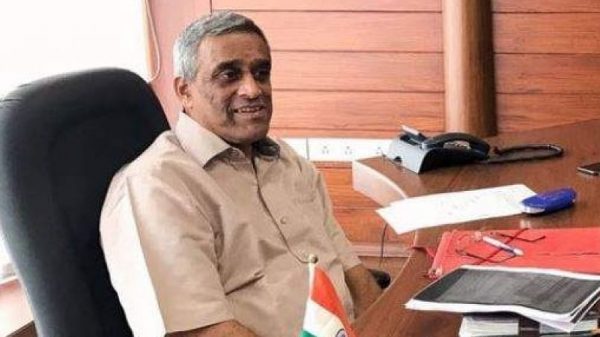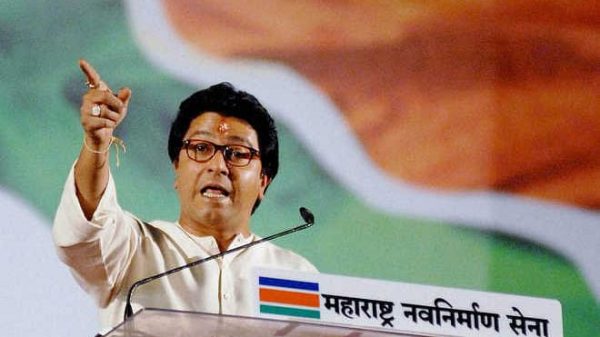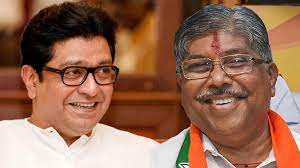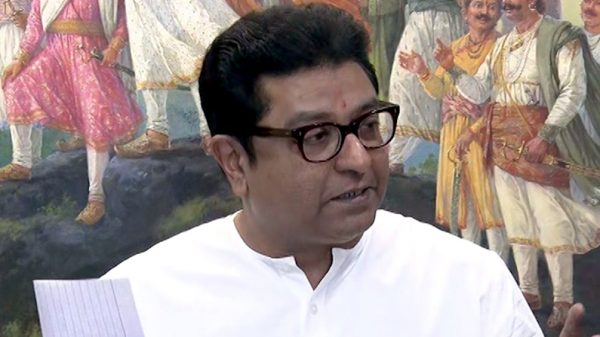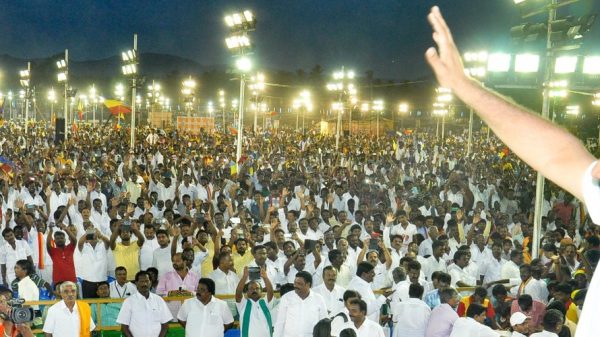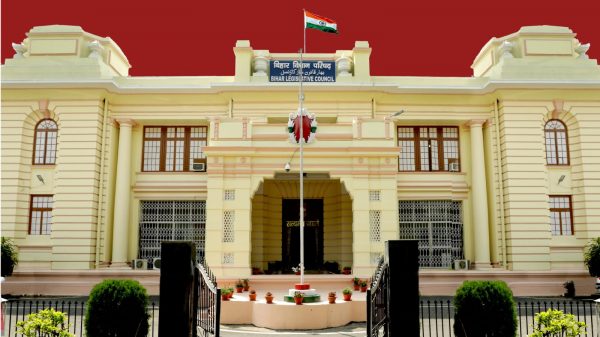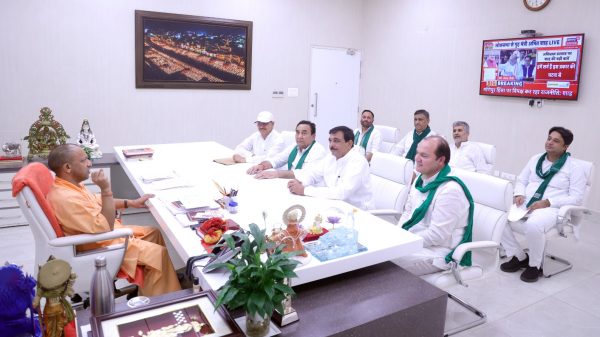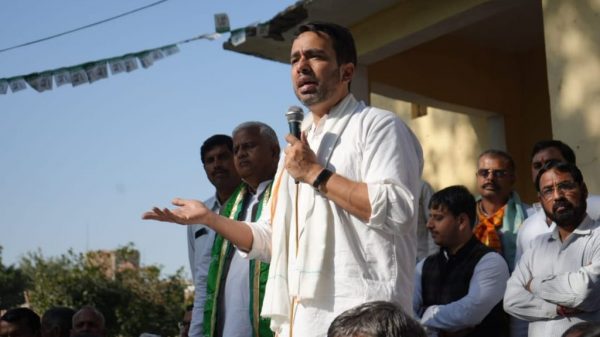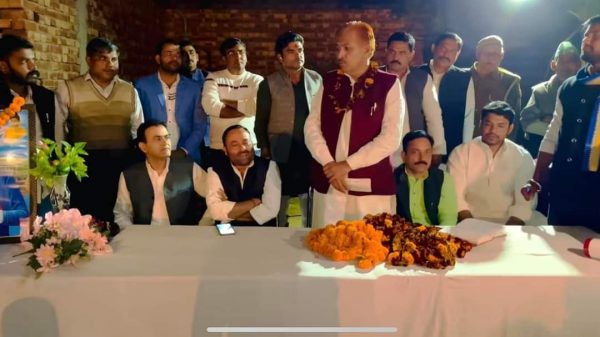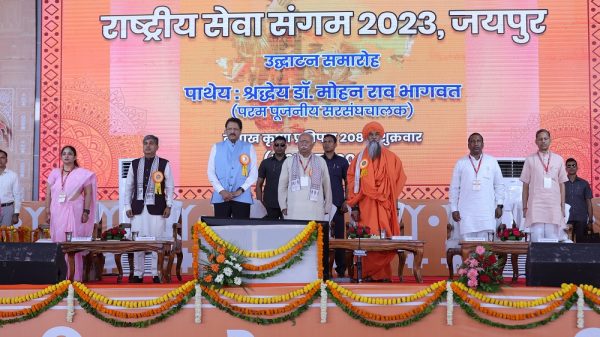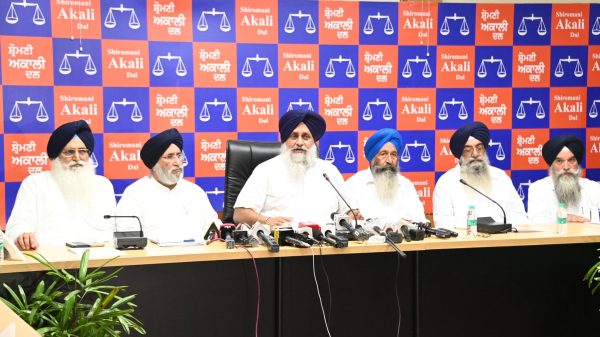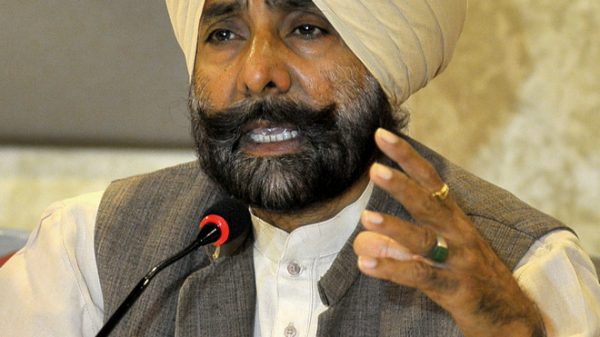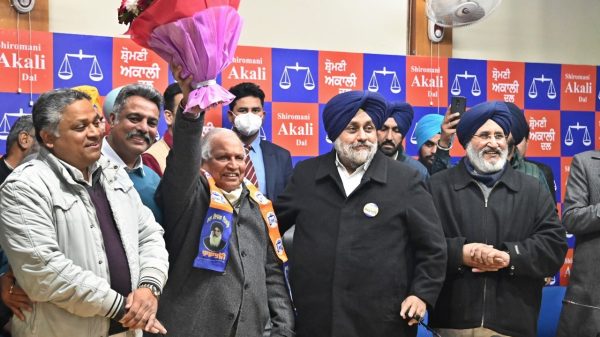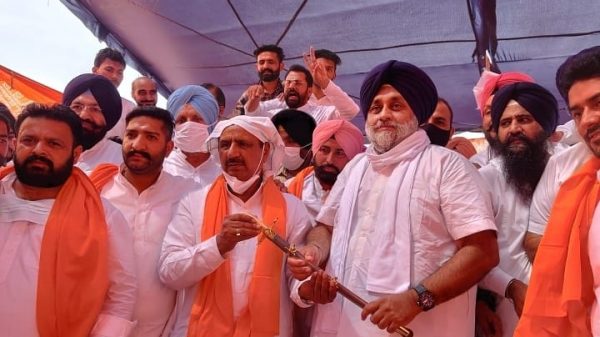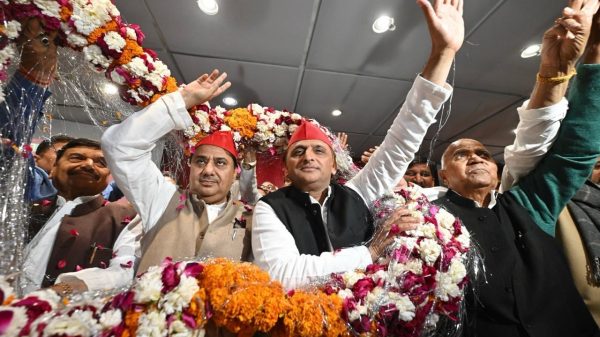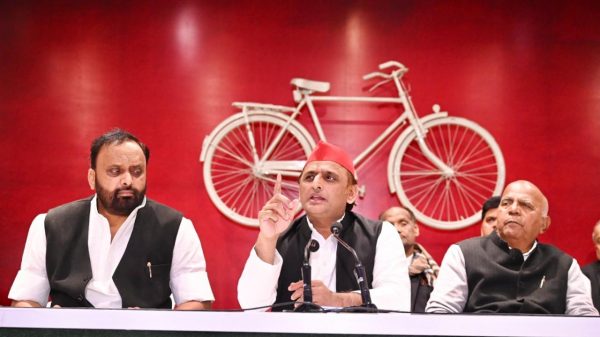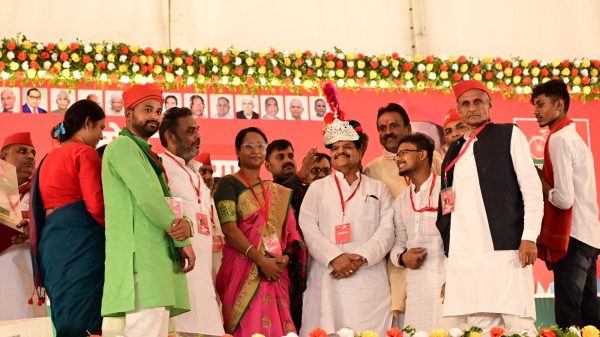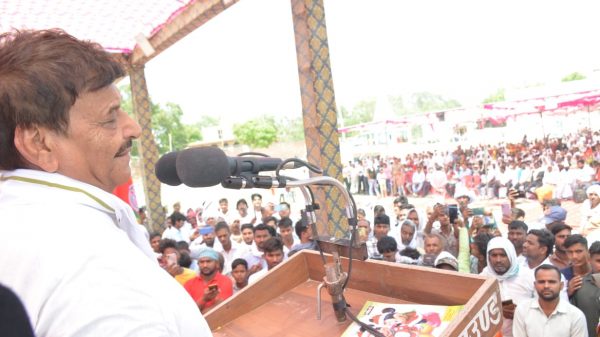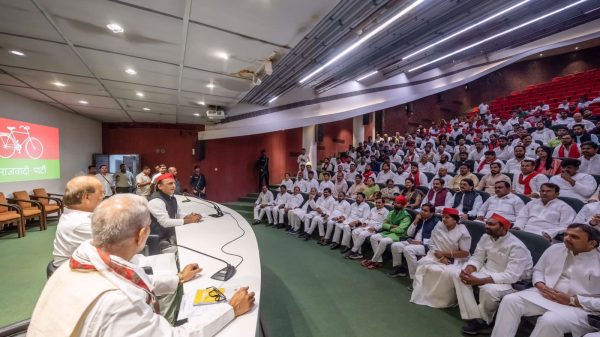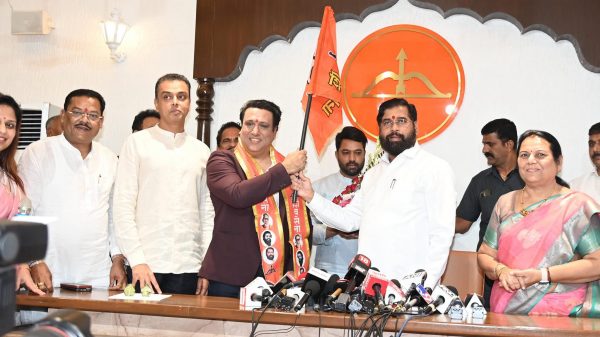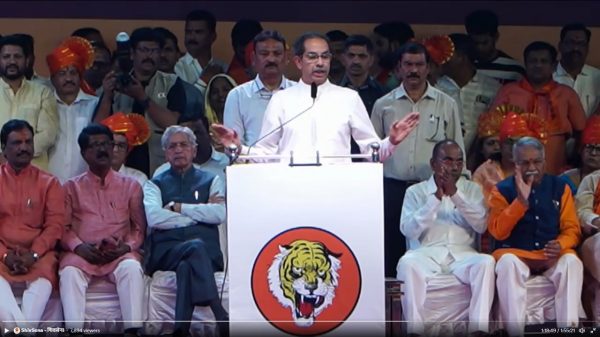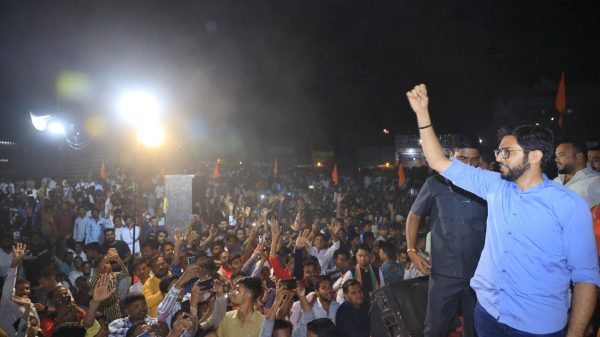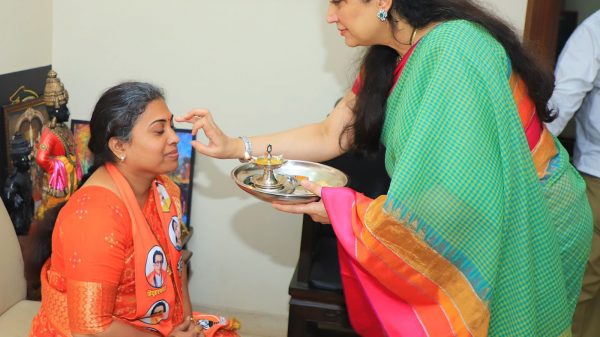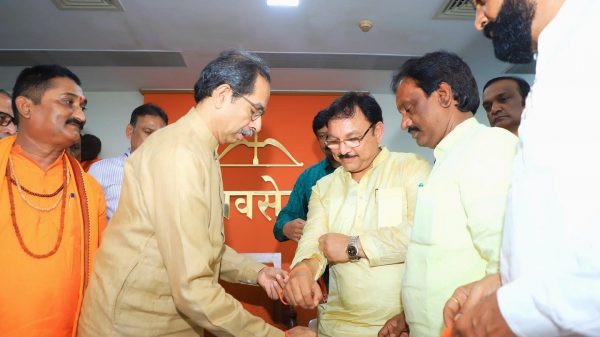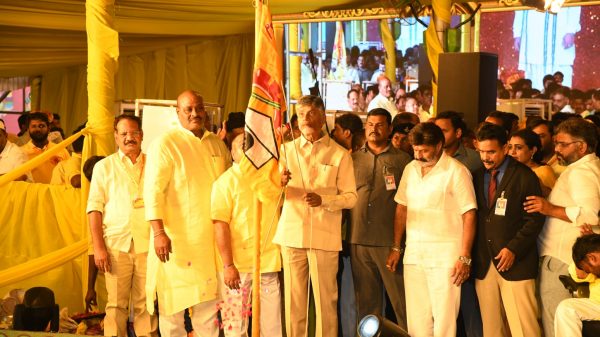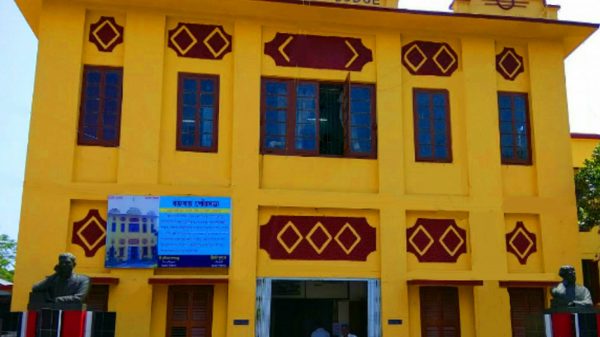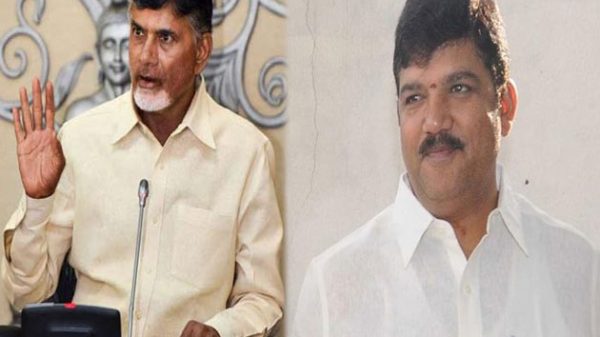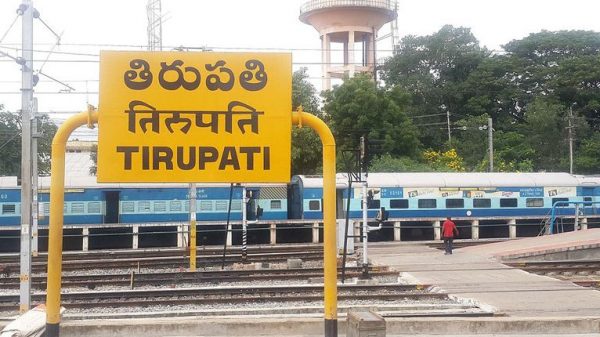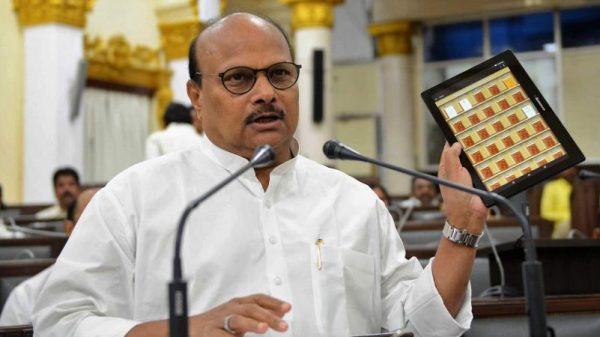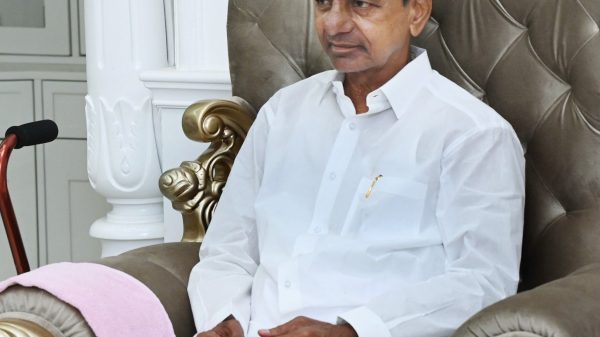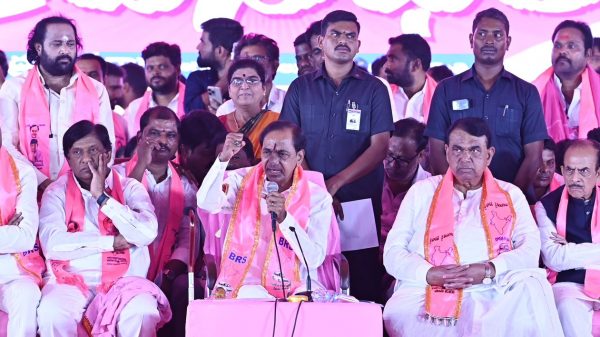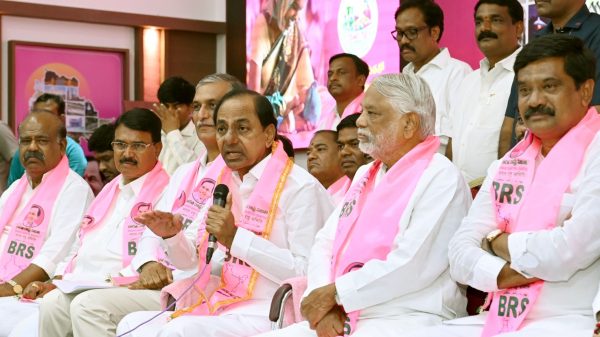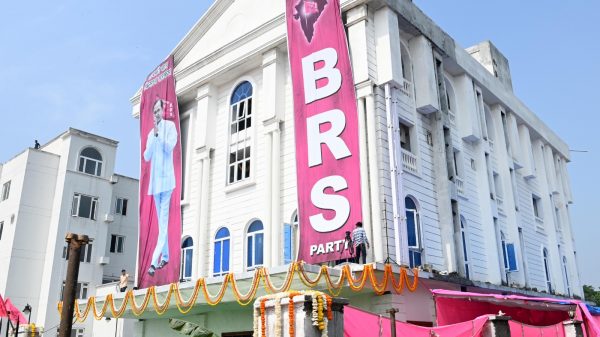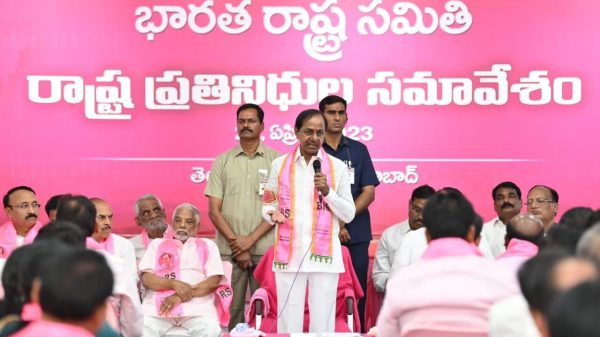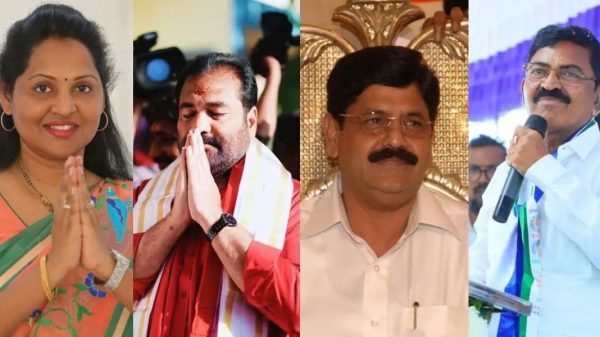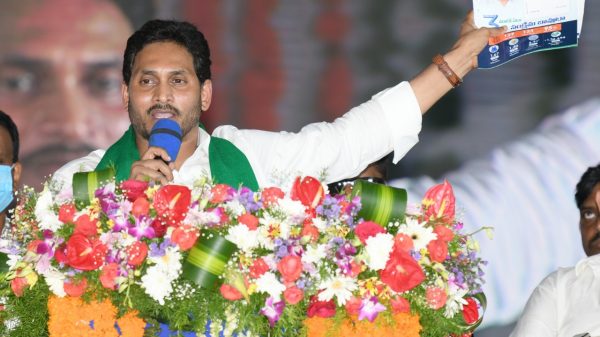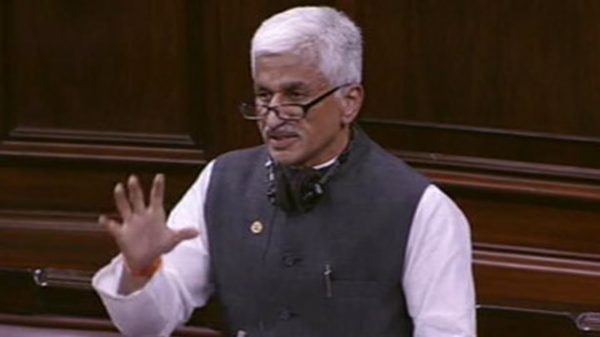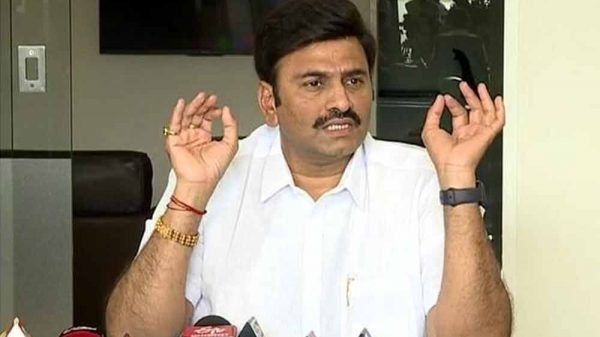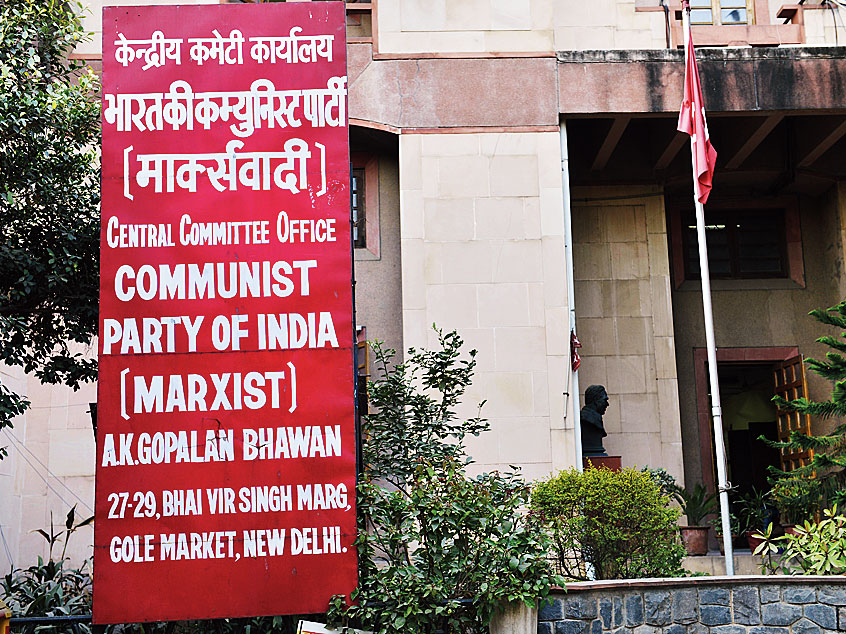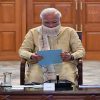KOCHI: The ruling CPI(M) in Kerala on Monday opposed the recommendation of a parliamentary committee to make Hindi as the medium of instruction in technical and non-technical institutions including IITs, saying this runs contrary to the spirit of the Constitution and the country’s linguistic diversity.
A parliamentary committee has recently recommended that the medium of instruction in technical and non-technical higher education institutes such as IITs in Hindi-speaking states should be Hindi and in other parts of India their respective local language. It said the use of English should be made optional.
“We strongly oppose these efforts which stem from the RSS conception of one nation, one culture, one language. It runs contrary to the spirit of the Indian Constitution and our country’s linguistic diversity,” CPI(M) tweeted.
Senior Left leader and former state finance minister T M Thomas Isaac said the BJP does not believe in the country’s diversity.
“India is being ruled by a party that does not believe in diversity of the country. How else could it insist on knowledge of Hindi as a precondition for central government employment by insisting that the recruitment tests would be only in Hindi?” Isaac said.
The end of compulsory English language question paper in the recruitment examinations and adequate arrangement for Hindi translation in the orders of the high courts in Hindi-speaking states are among over 100 recommendations made by the committee in its latest report.
CPI(M) General Secretary Sitaram Yechury said the imposition of the RSS vision of ‘Hindi, Hindu, Hindustan’ was unacceptable.
“Imposing RSS vision of ‘Hindi, Hindu, Hindustan’ on India’s unique and rich linguistic diversity is simply UNACCEPTABLE. All 22 Official languages listed in the 8th schedule of the Constitution must be treated and encouraged equally. India is a celebration of its diversities,” Yechury tweeted.
Meanwhile, CPI(M) Rajya Sabha member John Brittas said the Centre’s decision to deny education and jobs to non-Hindi speaking persons is fraught with many dangers.
“Parliamentary Comte’s recommendation to make Hindi all pervasive at the cost of other languages is in tandem with the line of the Centre- Hindi-Hindu-Hindustan. Denying education and jobs to non-Hindites is fraught with many dangers. Its against our constitution& must be defeated (sic),” Brittas tweeted.
The Students’ Federation of India (SFI), the students’ wing of CPI(M), opposed this recommendation and said the BJP was rejecting India’s plurality and ignoring the country’s unity in diversity.
“Amit Shah headed Parliament’s official language committee wants Hindi as a compulsory medium of instruction in educational institutions & job recruitment exams. They are mindfully rejecting India’s plurality & ignoring that the unity of India lies in diversity. Why? You know it,” SFI national president V P Sanu said.
In its 11th report presented to President Droupadi Murmu last month, the Committee of Parliament on Official Language, headed by Union Home Minister Amit Shah, recommended that local languages should be given preference over English in all states.
The committee has framed the recommendations as per the new National Education Policy (NEP) which suggested that the medium of instruction should either be official or regional languages.
The committee has suggested that Hindi should be given a respectable place in ‘A’ category states and it should be used 100 per cent.
The medium of instruction in IITs, central universities and Kendriya Vidyalayas in Hindi-speaking states should be Hindi and in other parts of India their respective local language, the panel recommended.
All states and Union territories are divided in three groups (regions) on the basis of progressive usage of Hindi.
Uttar Pradesh, Bihar, Madhya Pradesh, Chhattisgarh, Uttarakhand, Jharkhand, Haryana, Himachal Pradesh, Rajasthan, Delhi and Andaman and Nicobar Islands are in category ‘A’; Gujarat, Maharashtra, Punjab, and the Union Territories of Chandigarh, Daman and Diu and Dadra and Nagar Haveli are in category ‘B’; and the rest of India is categorised as ‘C’.
The panel noted that officers and employees in the central government who deliberately don’t work in Hindi in Hindi-speaking states should be warned and if they don’t perform despite warning, it should be reflected in their Annual Performance Assessment Report (APAR).
Other recommendations include communication by central government offices, ministries or departments, such as letters, faxes, and emails, should take place in Hindi or local languages, simple and easy language should be used in official work and invitation letters, speeches, and moderation for any events organised by the central government should all be in Hindi or local languages.
Source: Press Trust of India



